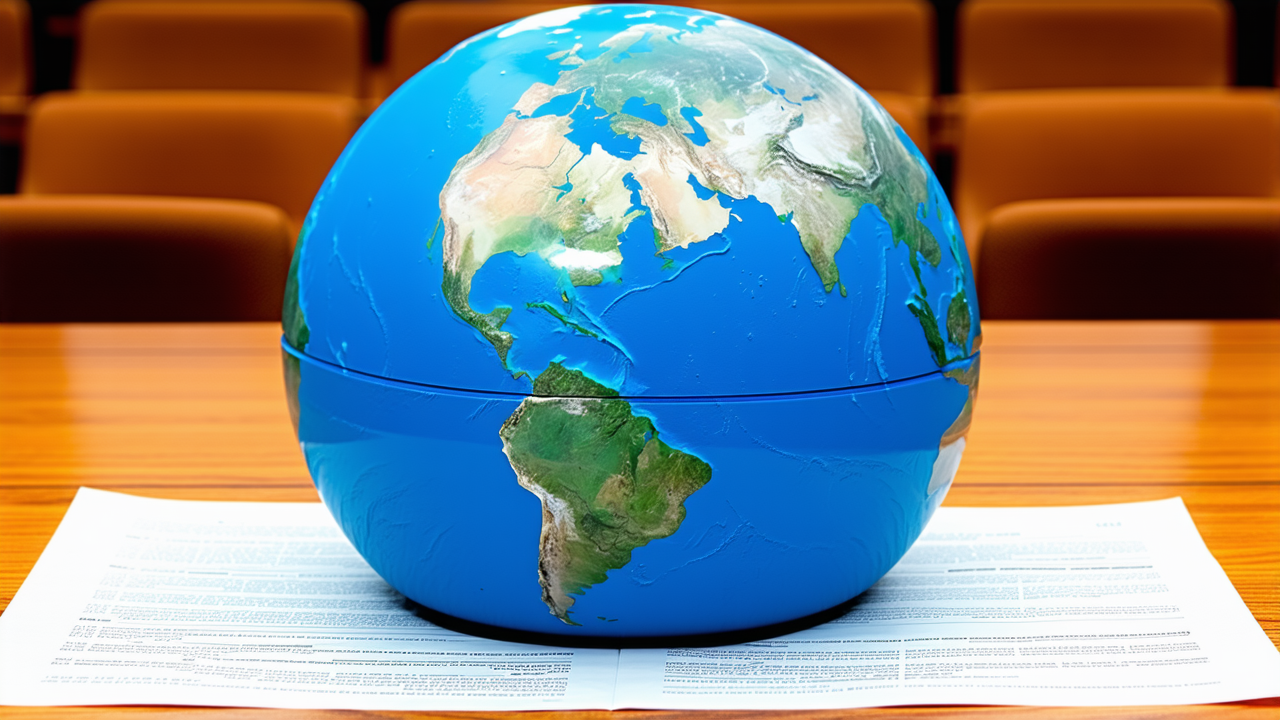World’s Top Court Paves Way for Climate Reparations
World’s Top Court Paves Way for Climate Reparations
In a landmark ruling, the International Court of Justice (ICJ) has declared that countries are legally obligated to tackle climate change, marking a pivotal moment in the global fight against environmental degradation. The court's advisory opinion, while not legally binding, underscores the moral, political, and legal weight of its findings, signaling a new era for climate justice.
The world's highest court described climate change as an “urgent and existential threat,” emphasizing that states have a legal duty to prevent harm from their emissions. The ICJ also warned that failing to meet these obligations could open the door to reparations for affected nations. This includes restitution, compensation, and satisfaction for injuries caused by climate change, the court said, provided a direct and certain causal link can be established between the wrongful act and the harm.
“The legal consequences resulting from the commission of an internationally wrongful act may include... full reparations to injured states in the form of restitution, compensation and satisfaction,” said ICJ President Yuji Iwasawa, speaking on behalf of the 15-judge panel.
This ruling has been hailed as a milestone by campaigners and countries on the frontlines of the climate crisis. UN Secretary-General Antonio Guterres praised the decision, calling it a “victory for our planet, for climate justice, and for the power of young people to make a difference.” Ralph Regenvanu, Vanuatu’s climate change minister and a key figure in the case, expressed optimism about the ruling’s potential to strengthen negotiations with high-emitting states.
The case, the largest in ICJ history, was initiated by Vanuatu and other Pacific island nations, which have long been vulnerable to the impacts of climate change. The court was asked two central questions: What must states do under international law to protect the environment from greenhouse gas emissions? And what are the consequences for states whose emissions have caused environmental harm, particularly to small island states?
The court’s opinion emphasized that the climate must be protected for both current and future generations, noting that the effects of a warming planet may significantly impair the enjoyment of fundamental human rights, including the right to life.
Legal and climate experts have noted that while the advisory opinion is not binding, it could have far-reaching consequences for national legislation, public debate, and international negotiations. David Boyd, former UN Special Rapporteur on Human Rights and the Environment, called the ruling a “catalyst for accelerated climate action and unprecedented accountability.” Johan Rockstrom, director of the Potsdam Institute for Climate Impact Research, said the ruling binds all nations by international law to prevent harm from emissions.
The ruling has also reignited the role of courts in climate action, as frustration grows over the slow pace of global efforts to curb fossil fuel emissions. The Paris Agreement, while a milestone, has not yet delivered the urgent action needed to prevent dangerous climate impacts.
The journey to The Hague began six years ago, when young Pacific Islanders, frustrated by the lack of accountability for the damage afflicting their homelands, took the initiative to push for legal action. Vishal Prasad, director of the student-led campaign that started the case, called the ruling a “perfect ending to a campaign that started in a classroom.”
As the world moves forward, the ICJ’s ruling could serve as a powerful tool for holding high-emitting states accountable and ensuring that climate justice is not just a distant dream but a reality for vulnerable nations.
